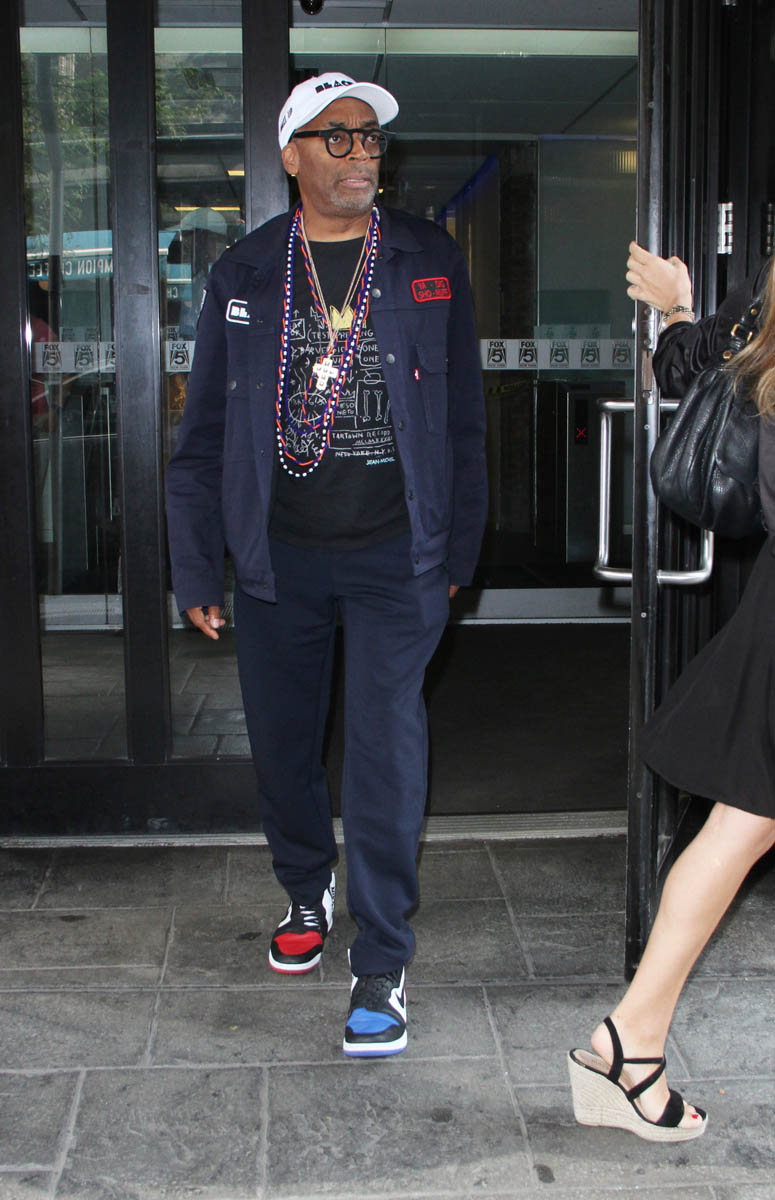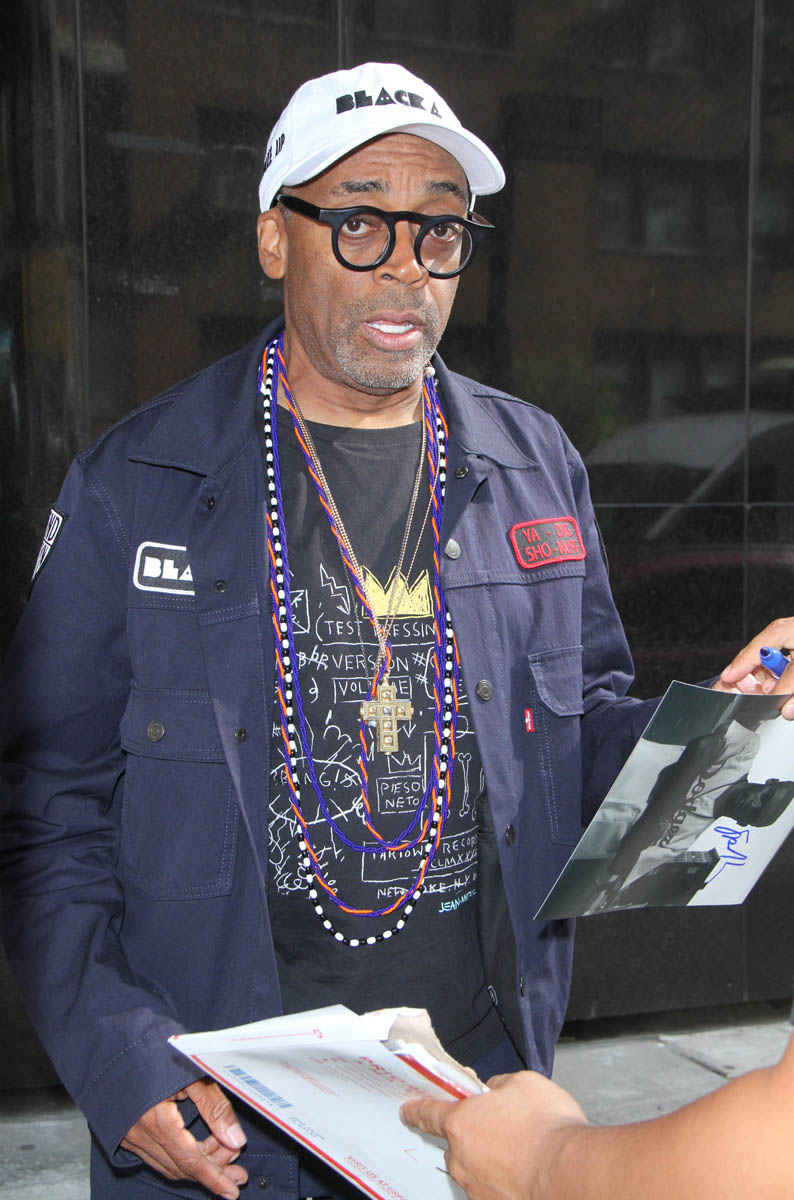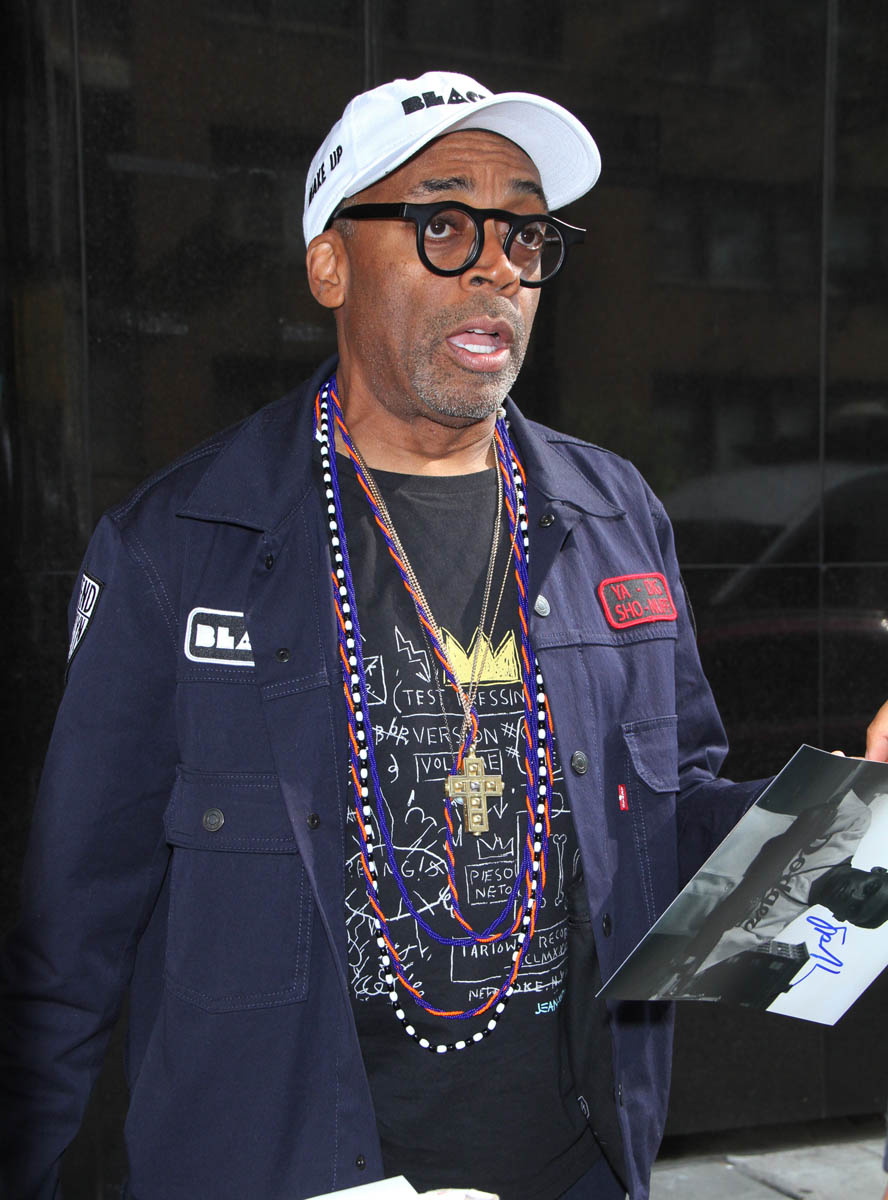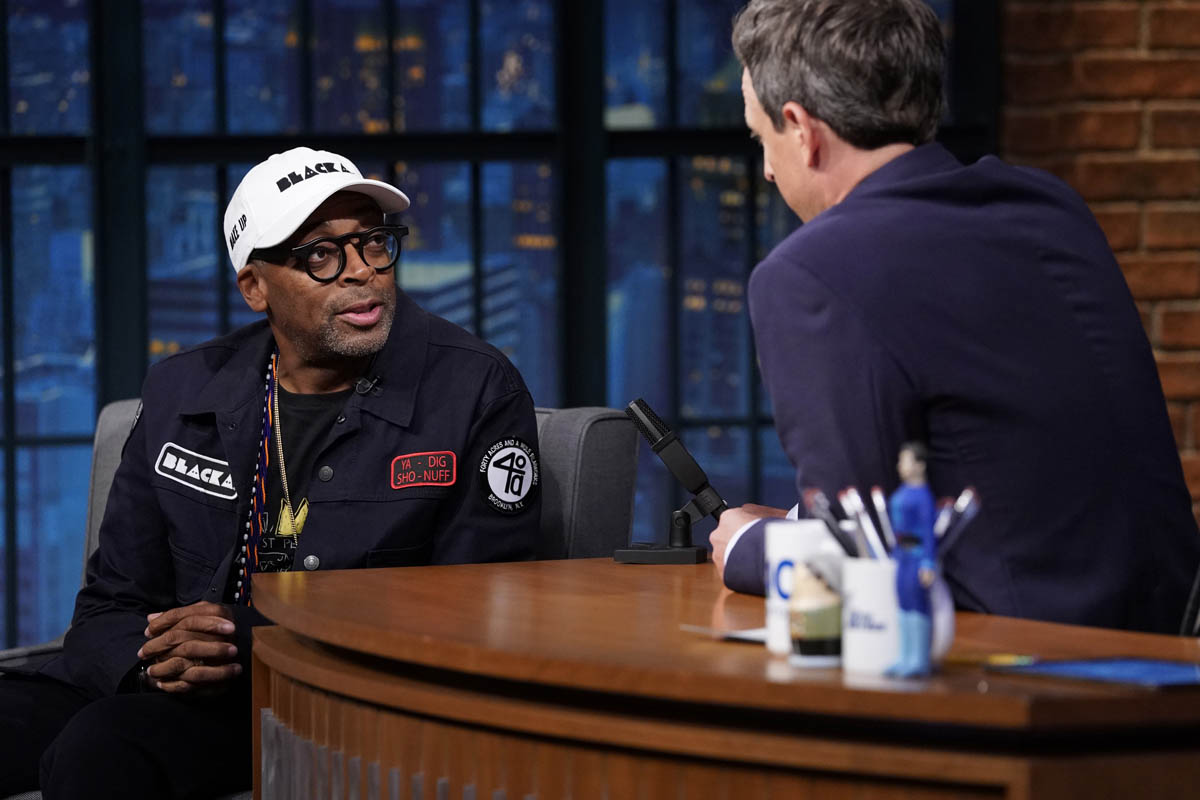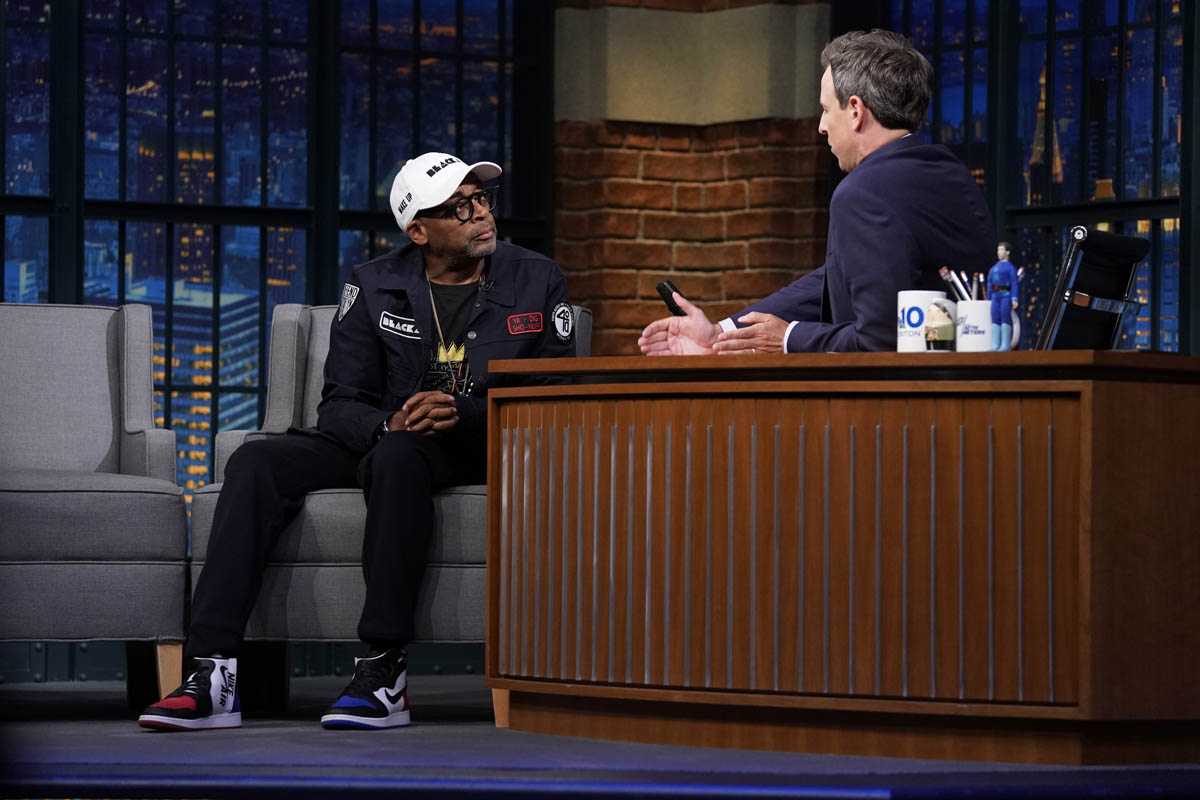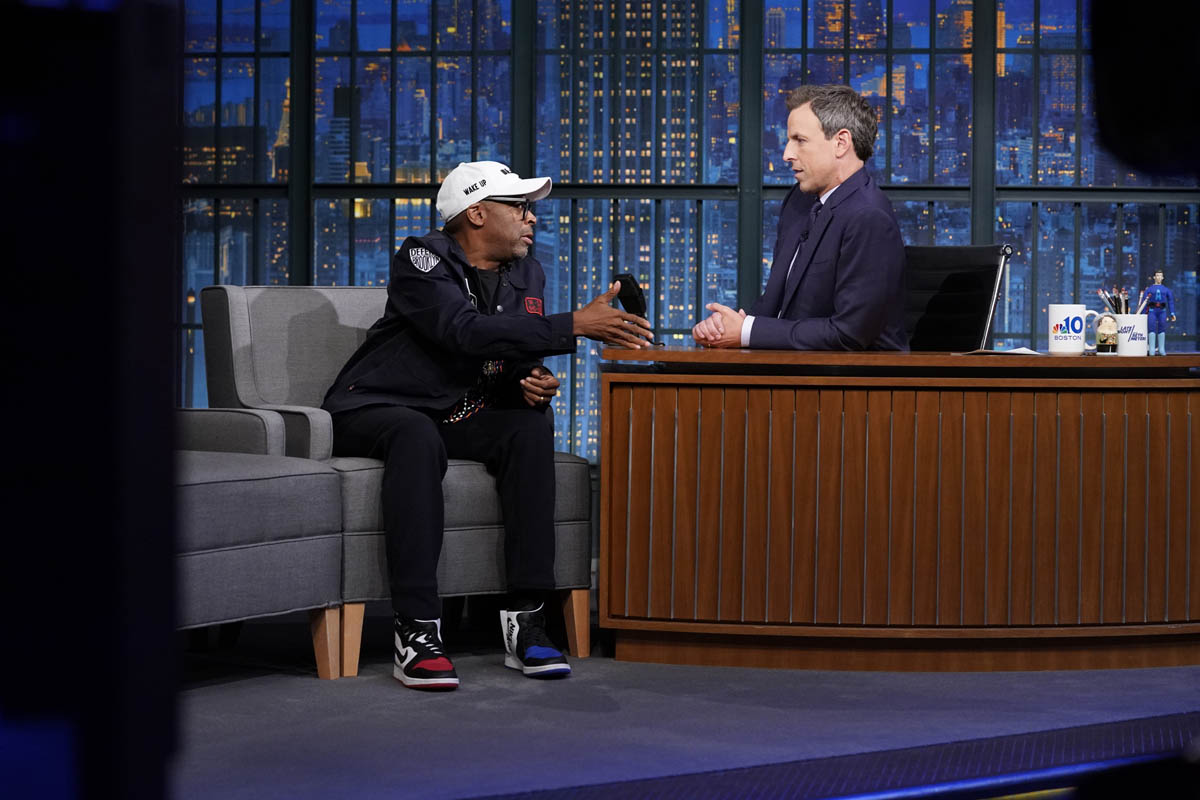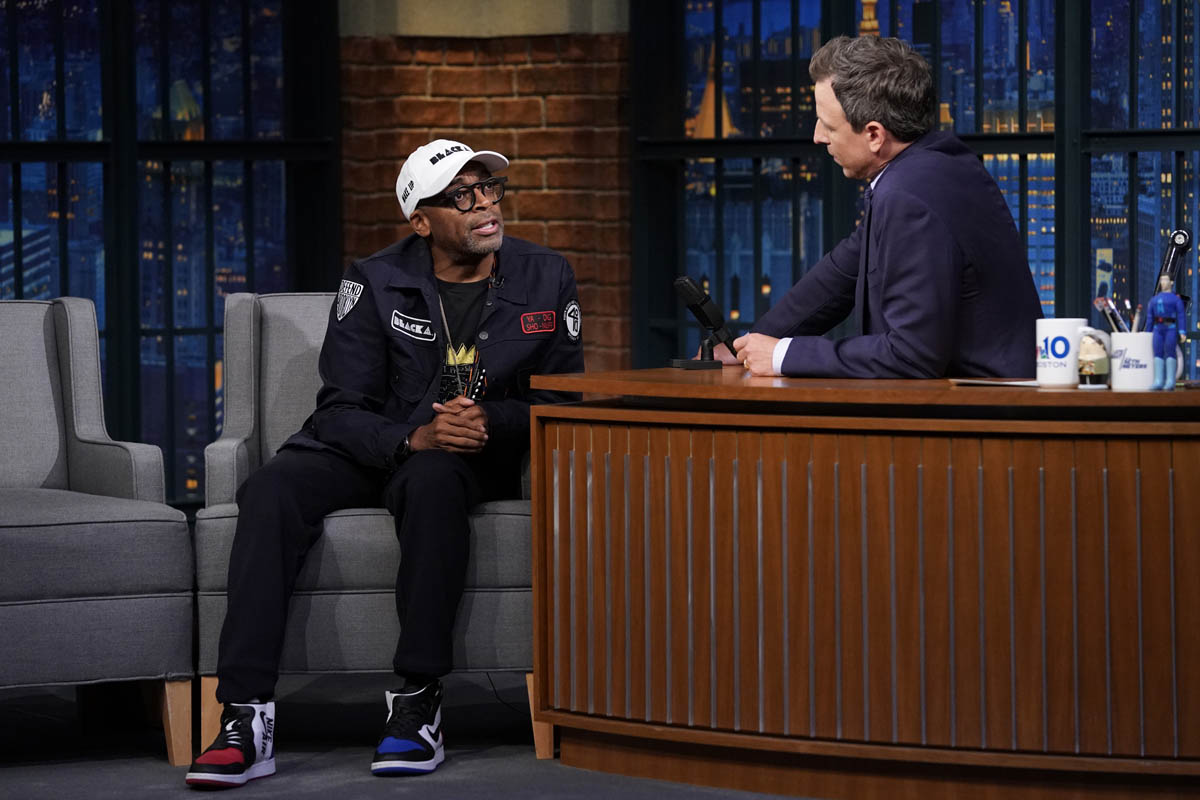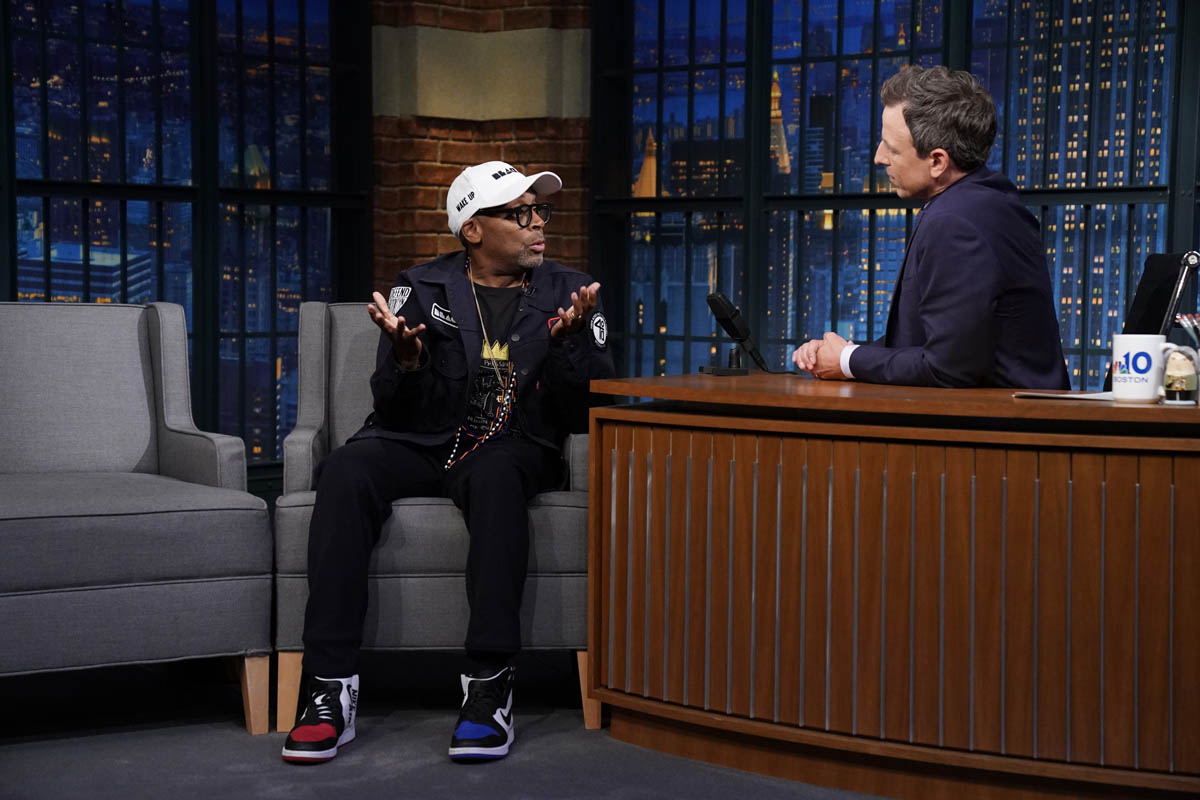Spike Lee’s BlacKkKlansman


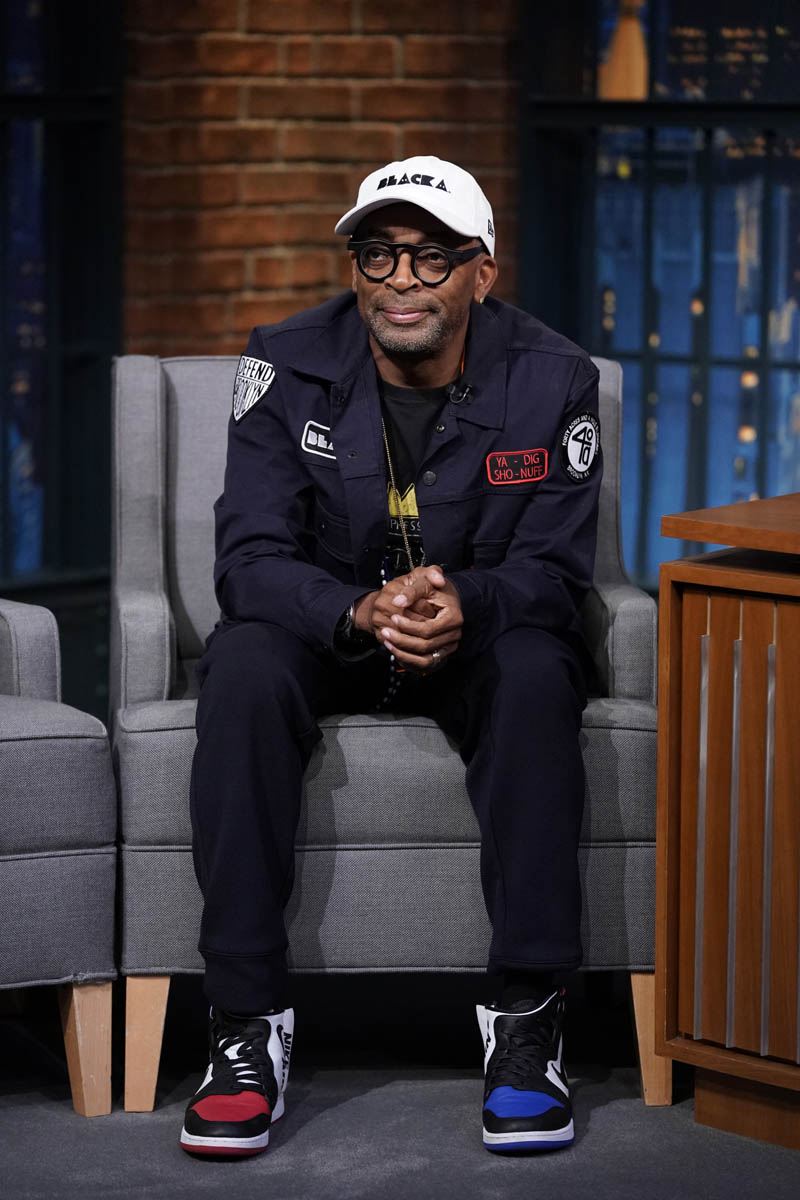
This has been a hell of a year for black American cinema, from the cultural phenomenon of Black Panther, to Blindspotting’s spoken-word musing on race and class, to Boots Riley’s masterpiece Sorry to Bother You, and we still haven’t gotten to new films from Steve McQueen and Barry Jenkins. Right now, though, the moment belongs to Spike Lee and BlacKkKlansman. Adapted from a memoir by Ron Stallworth, a black undercover detective who joined the KKK, BlacKkKlansman is Spike Lee at his fiery best. In his less-good films, Lee’s passion can overwhelm his focus, but in BlacKkKlansman they are very nearly balanced, and the result is both wildly entertaining and profoundly sad.
The film begins with Alec Baldwin making a cameo as “Dr. Kennebrew Beauregard”, a white supremacist making a propaganda video decrying desegregation. It sets the tone for BlacKkKlansman while also confirming Lee’s focus is still a little loose as all of his ideas can’t necessarily be contained by traditional narrative. There are a few digressions in BlacKkKlansman, but they don’t stray too far from the main theme which makes this the most cohesive of Lee’s late efforts. It also means almost every element of the film is working to the same goal which really, effectively drives home Lee’s point.
John David Washington (son of Denzel) stars as Stallworth, the first black officer in the Colorado Springs police department. His bosses liken it to being Jackie Robinson, while Stallworth meets the inevitability that he will be harassed with a sort of blank confusion—why SHOULD that be an expected part of his job? It’s not that Stallworth is naïve, it’s that he seems to hold the police to a higher standard. Regardless, he joins up and after a stint in the records room, he gets an opportunity to go undercover when a former Black Panther comes to town to speak
Spike Lee is not always the most subtle filmmaker, but here he lets some connections sit for the audience to make themselves. The Colorado Springs police are concerned about the black population of the city being incited to violence, and Stallworth has to report on his own community. He then turns around and instigates an investigation into the Ku Klux Klan as if to prove white people can be up to no good, too. And indeed, the white people are WAY more dangerous, as they are actively planning an attack on the local black student union.
The good of BlacKkKlansman are these parallels between what white authorities are worried is happening and what is ACTUALLY happening. There is also an arc of the white detective partnered with Stallworth, Flip (Adam Driver, amazing as usual), coming to terms with what it means to be Jewish as he is dragged ever deeper with the KKK. Flip has to be the “white Ron Stallworth” as Stallworth cannot attend meetings himself, and after a lifetime of privilege insulating him from bigotry, he finds himself surrounded by people who would kill him just for being who he is.
The less good of BlacKkKlansman is the strict binary Lee adheres to in portraying racists. The KKK is bad, all other white people are good. There is one cartoonishly racist white officer in the department, the rest are good white people who embrace Stallworth quickly enough. And the KKK is primarily made up of bumbling racist idiots who conform to redneck stereotypes. It’s a surprisingly simplistic portrayal of racists from Lee, especially given the point he makes at the end of showing how these issues have never gone away and are playing out once again to tragic results in places like Charlottesville. The modern white supremacy movement is marked by “boy next door” racists convinced of their relative harmlessness, so it seems a little odd Lee would not take a more nuanced view of who makes up the KKK.
Still, BlacKkKlansman hits more than it misses. An especially effective sequence cuts between a fictional civil rights leader (played by Harry Belafonte) recounting witnessing a lynch mob in action with the KKK viewing D.W. Griffith’s The Birth of a Nation. It speaks to the power of images, especially cinematic images, to shape and validate social action. This is Lee at his sharpest, and there are enough moments like this strung together to make BlacKkKlansman his most effective recent work. It’s also an incredibly entertaining movie, a stranger-than-fiction story chock full of excellent performances. Though Lee does drive his point home with a hammer at the end, and it does not let you leave on high note. That is what makes it such a vital work, though, that BlacKkKlansman reminds you that the work of equality is not yet finished.

